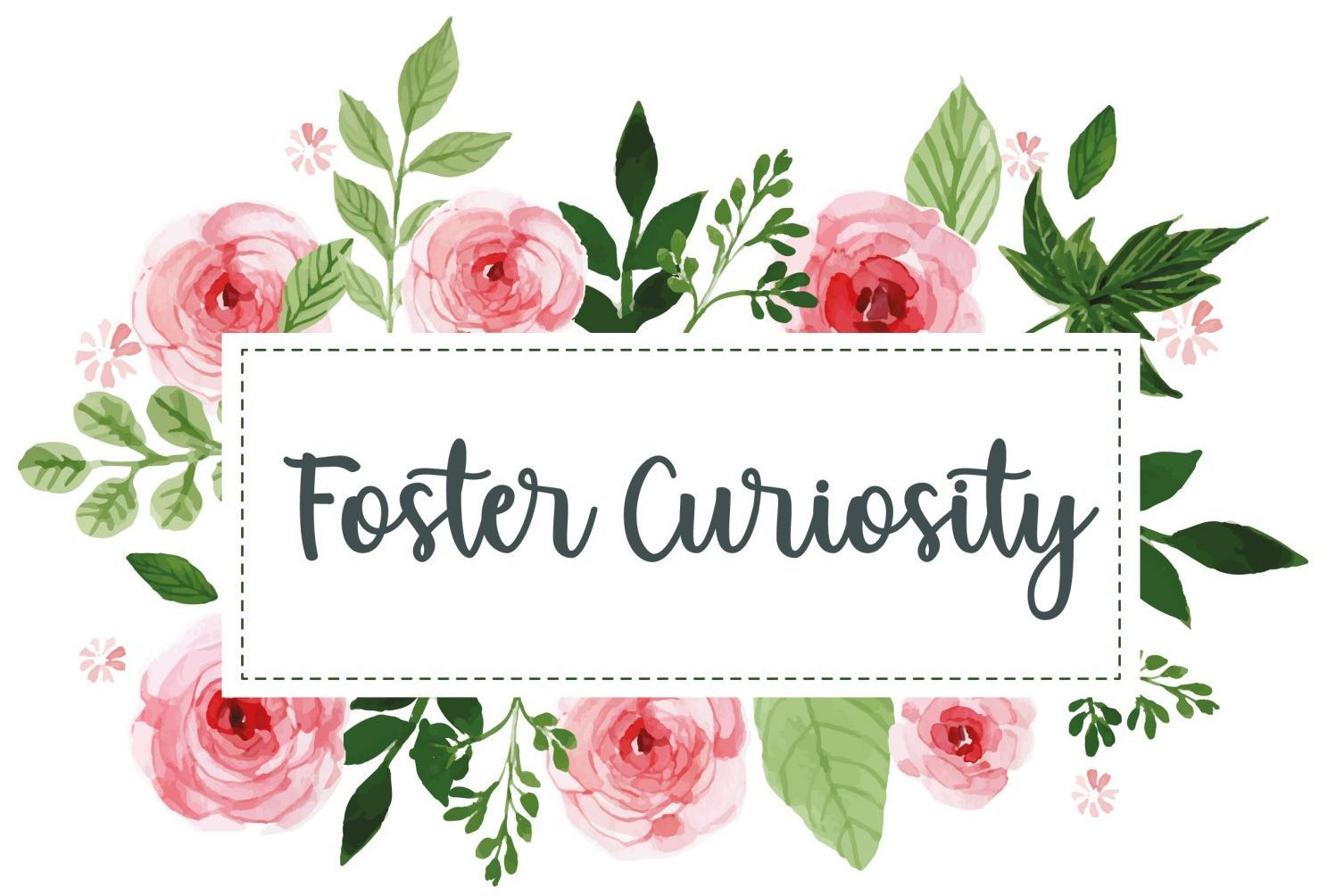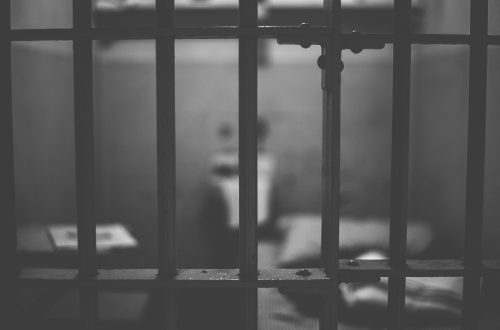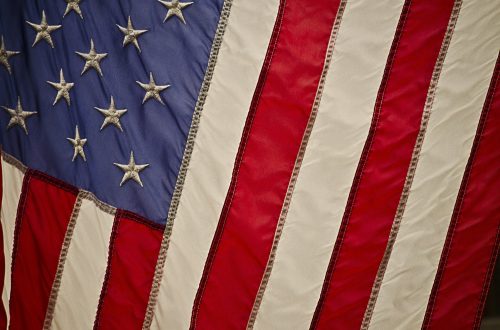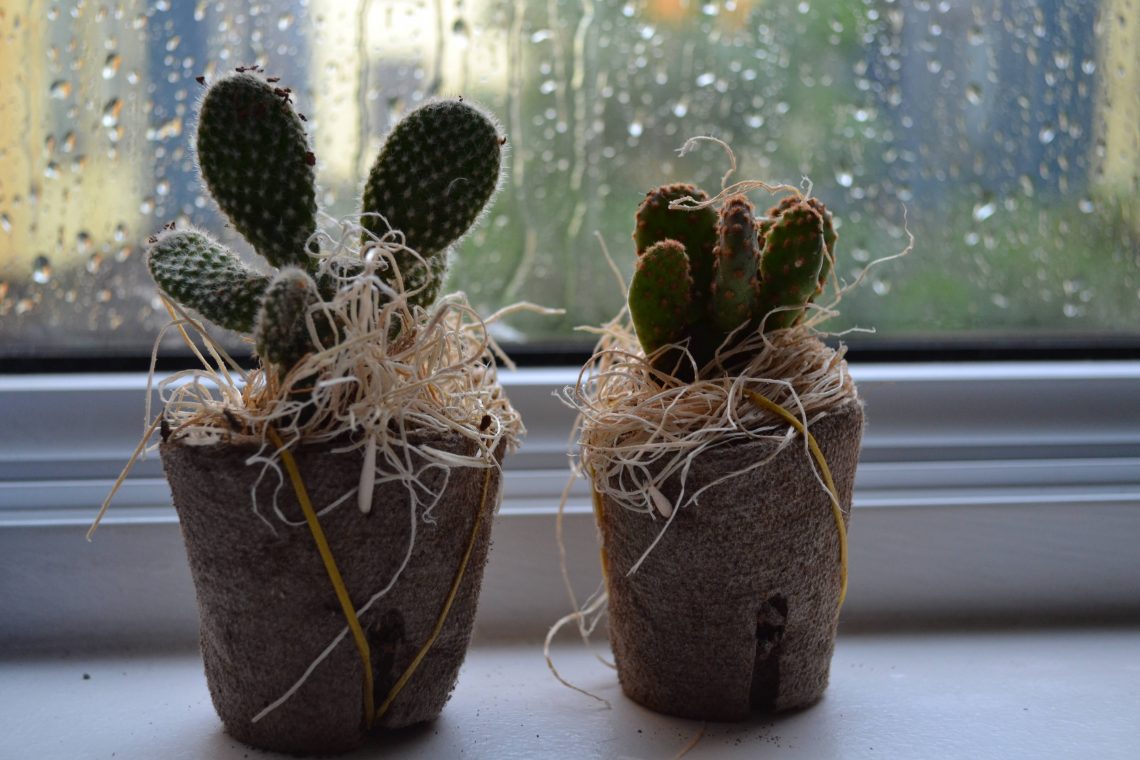
Minimalism
Too Much Stuff
A few years ago, I walked across the stage at my college graduation, packed up the last of my things from the house that I lived in off campus, and drove home. Not including furniture, it took three cars to pack up all of my things that I insisted that I needed to survive.
Keep in mind that I lived with four other girls, and we shared a lot of the things that we actually used like pots and pans for cooking or lamps to light our shared space. Since we bought a lot of things secondhand, we threw away a lot of it before moving out. The stuff that I had left was mine–and I didn’t think much about it.
What I’m getting at is that I had a lot of stuff. So much stuff, that when I moved in with my boyfriend–now husband–I had several boxes of things that I didn’t touch for months. We moved again to Georgia, and I tried to get rid of a lot of things before we left. After all, we were the ones who had to pack and unpack the Uhaul. Aside from that, I rarely got rid of things once I had acquired them.
It wasn’t until we lived in Atlanta that I learned what minimalism really is. Jeremy and I sat down one night to watch a documentary on Netflix, and I fully expected to be bored within minutes. The documentary was called Minimalism: A Documentary About the Important Things. To say that this documentary changed my outlook on the topic would be an understatement.
Defining Minimalism
My idea of minimalism before watching this documentary was that you had to live with next to nothing, and that it was for people who were cheap. Honestly, I didn’t know much about it at all. I laugh at how I used to think of it before, because I wasn’t even close. The worst part was that I just assumed I knew what it was, but never really looked into it.
Minimalism is about living with less, but finding value in everything that you own. It means that you think about each purchase you make and decide if that product would give you value. For example, if you already have six mugs, will buying a seventh give you value? If the answer is yes, then the purchase is okay. If you don’t think you will use it enough for it to give you value, then it might not be something you need to buy.
The idea is not to live frugally, but to own the things you have instead of having those things own you. People buy big houses to hold their stuff, but then need to buy more stuff to fill the house. There might be whole rooms that are never used, but because size of the house shows status, no one thinks too hard about it.
Of course there are different types of people who consider themselves minimalists, but the core idea is the same. If having more than three shirts doesn’t give one person value, they might only have three shirts. However, if having five pairs of sneakers gives value to another person, they might have five pairs of sneakers. It’s all about what you find will bring you more value.
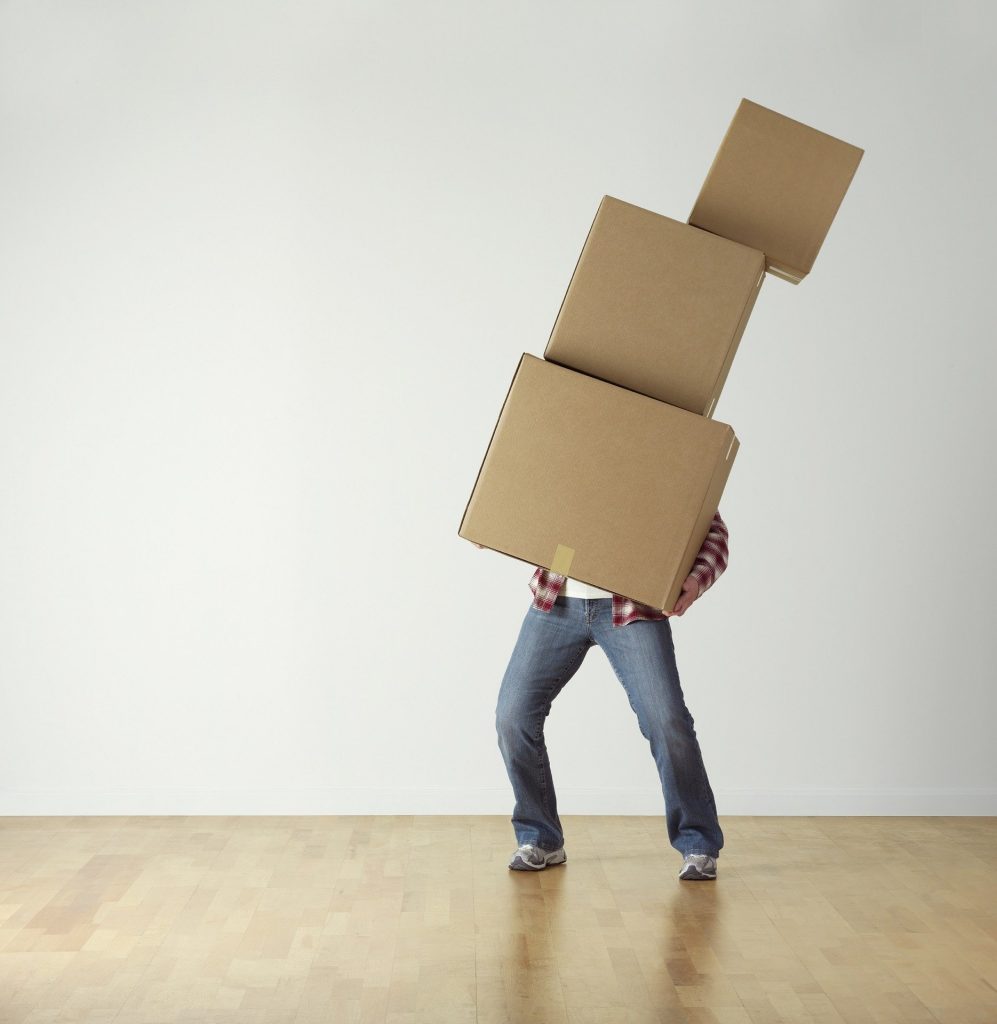
Why Become Minimalist?
Money
People become minimalists for multiple reasons. A big reason why people adapt to this lifestyle is for monetary purposes. If you are being more conscious over what you’re buying, then you’re saving a lot more money than if you were to make purchases impulsively.
Having less things also means that you can have a smaller space, which will also cost less. Along with buying less to begin with, having less means that you have less to maintain.
Less Stress
Another reason people become minimalist is to quiet the noise that extra clutter causes. Having extra stuff surrounding you might cause more stress in your life. As someone who has anxiety, I can certainly say that having less clutter makes me feel a lot less anxious.
Less to maintain means that you have less to think about, and less to worry about. A smaller space or less items means less chores–and after a long day of teaching, the last thing I want to do is to clean knickknacks. Being able to clean our whole home in less than an hour makes me feel less stressed.
More Time
Less stuff means that you have less to maintain. There would be less to clean, less to dig through when you need to find something that you need, and less time wasted that could be spent doing other activities that make you more happy.
You could travel more with the extra dollars in your pocket, spend more time with family, or pick up a new hobby with all of that extra time.
Our Path to Minimalism
My husband had already gotten rid of a lot of his things before we moved to Georgia, but as soon as we finished the documentary, he started going through everything and getting rid of more. He changed his mindset so quickly that he had a pile for donations within the next twenty-four hours.
I needed more time to digest the information–but I was cautiously interested. We continued downsizing here and there, until we had what we wanted left. There is a huge difference in what my husband finds valuable and what I do, and there we just agree to disagree. The point of minimalism isn’t to decide what is valuable to everyone, it’s to determine what is valuable to you.
As I’ve mentioned before, I’m an elementary school teacher. There are some things that I find extremely valuable that someone else might not–like a billion books for my classroom library. The good thing is, a majority of the things that I find valuable for my job I keep at school, and that way it doesn’t clutter up my home. I keep a Kindle for my personal reading instead of keeping a lot of hard copy books.
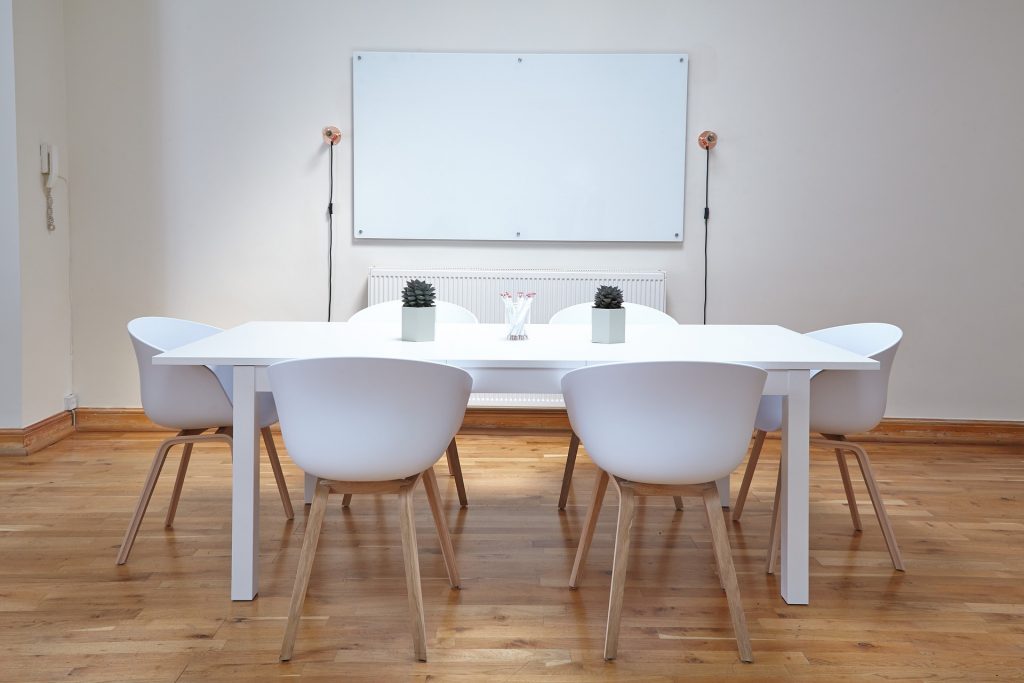
Where We Are Now
Years later, it’s still a process. We’ve recently moved to another apartment in Columbus, and we took a car full of donations to Goodwill before we moved. Every time we move, we reevaluate what we have and what we find value in. As we get older, our values change, and that’s okay.
I think the big takeaway from this process with minimalism for me is that there is no wrong way of doing it. You don’t have to get rid of everything and sleep on a yoga mat to be considered a minimalist. You don’t have to live in a closet-sized apartment and eat off of one plate with one fork. If that’s how you want to do it, you can, but it’s not a requirement.
Even with understanding what minimalism is and changing my mindset, I’m still learning. I’m still occasionally making a purchase that didn’t bring me as much value as I thought it would. It’s a mindset that I am working on, and I can honestly say that it makes me a lot happier.
Learn More
If you are interested in learning more about minimalism, I highly recommend the Netflix documentary I mentioned before: Minimalism: A Documentary About the Important Things. The two men in that documentary also have a podcast and have written multiple books about the subject. There are also a ton of YouTubers who talk about minimalism and what it means to them: Matt D’Avella, Marie Condo, and Heal Your Living.
There are some challenges that you can try to start your minimalist journey: 30-day Minimalism Game, Project 333, and The Packing Party. Happy learning!

